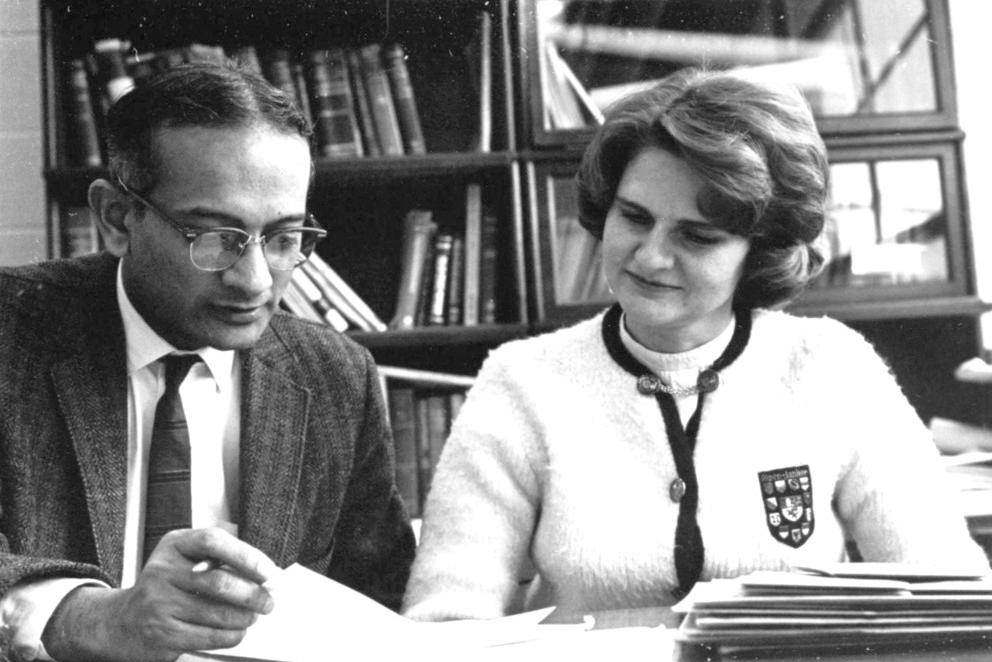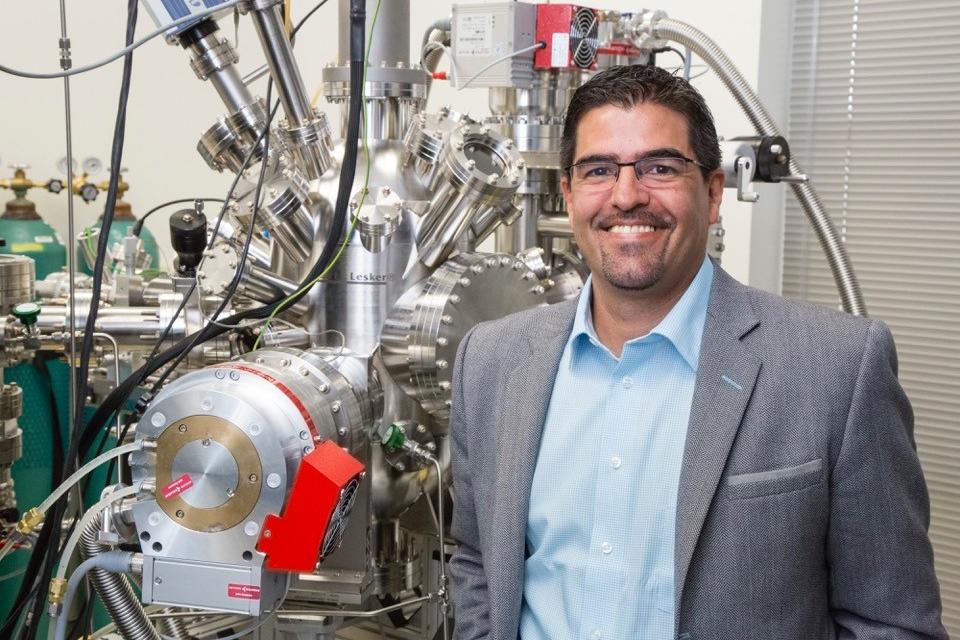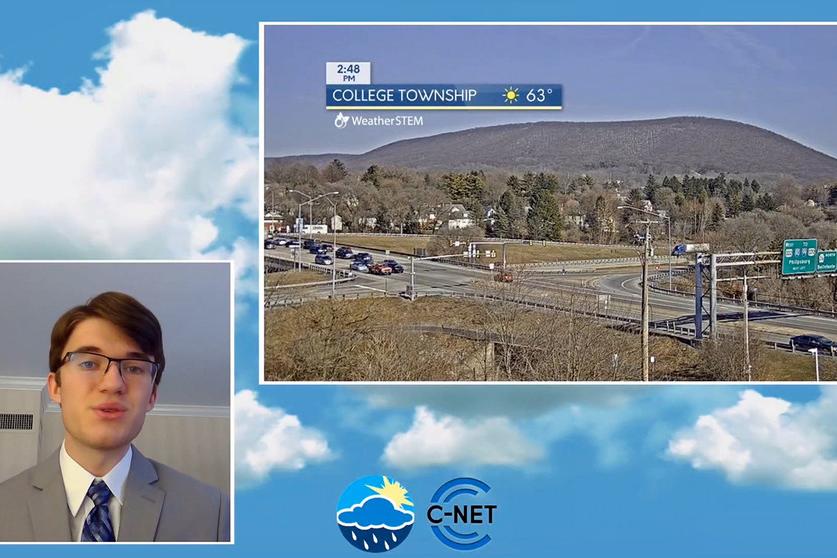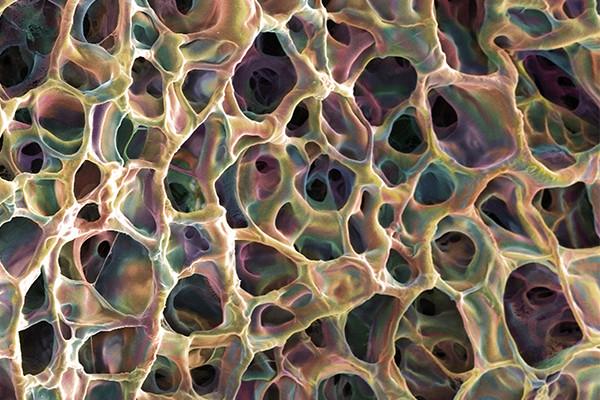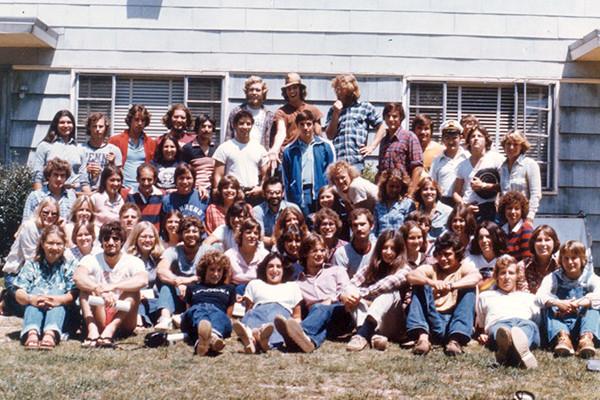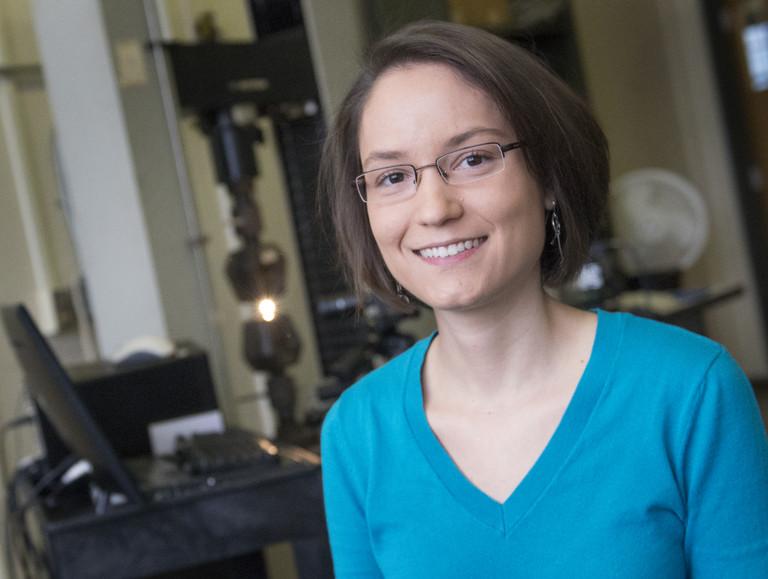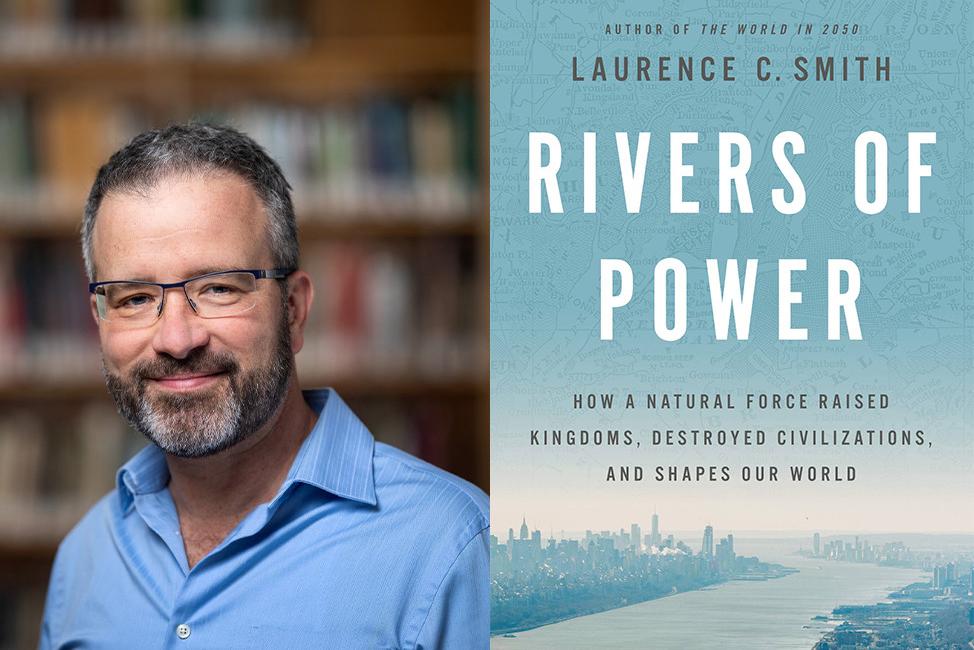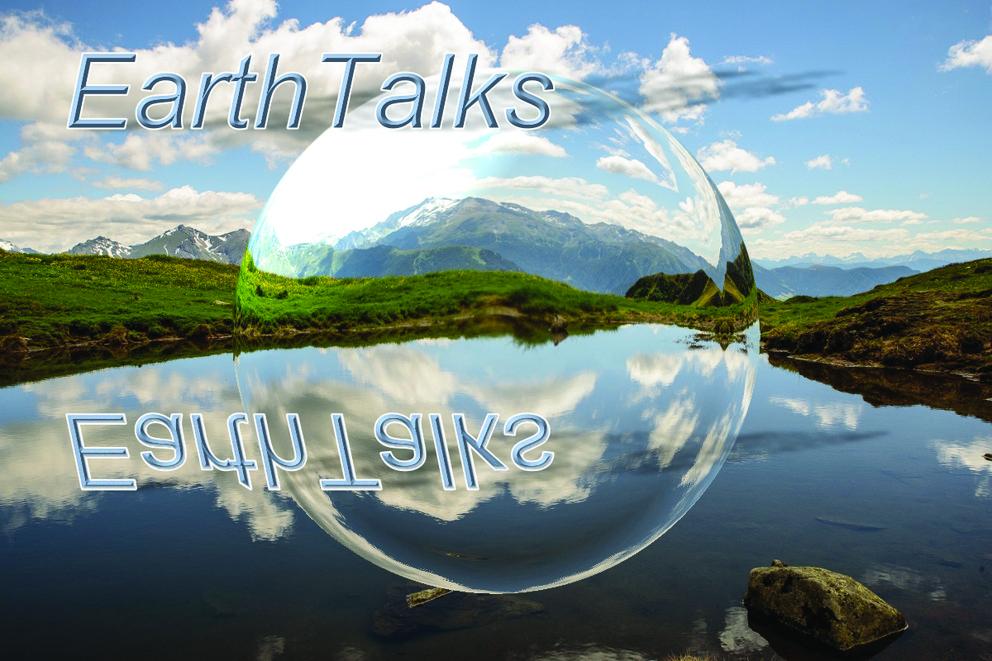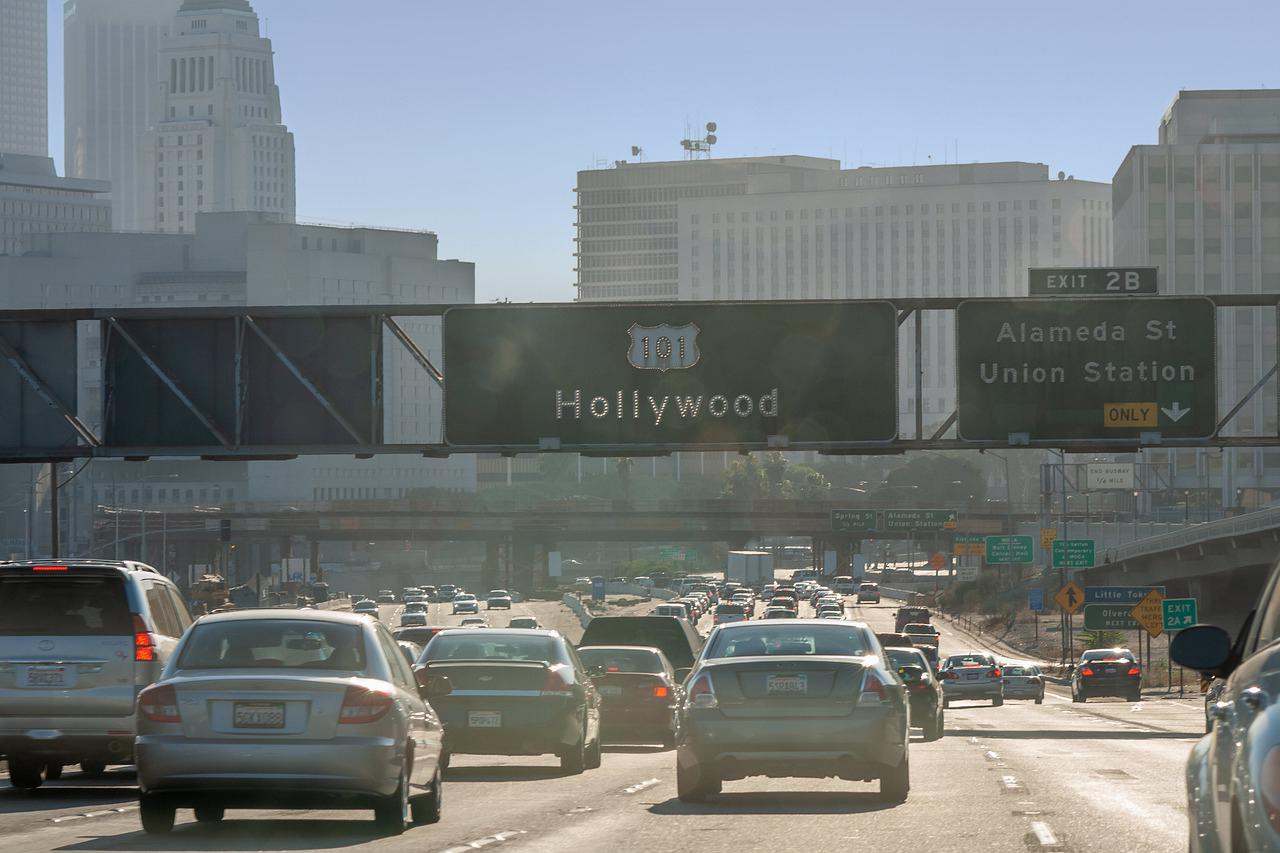The Penn State and materials research communities are mourning the loss of Della M. Roy, emeritus professor of materials science and a founding member of the Penn State Materials Research Laboratory (MRL), now the Materials Research Institute (MRI). Della died on March 27 at age 94.
Jean Paul Allain, professor of nuclear engineering and head of the Ken and Mary Alice Lindquist Department of Nuclear Engineering at Penn State, will discuss the recent progress made in nuclear fusion, emerging technologies and the remaining challenges to realizing energy generation from a star here on Earth at a talk at 4 p.m. Monday, April 12.
Christopher Tate’s first word may well have been “weather.”
A panel of energy experts from Penn State and industry will discuss how energy systems are currently designed to be resilient to extreme weather events, and how they may need to be designed in the future. The panel discussion, which is free and open to the public, will be broadcast at 2 p.m. EDT on Monday, April 12 via Zoom.
A two-day virtual symposium featuring speakers from academia and industry will be held from 1 to 6 p.m. on Wednesday and Thursday, April 14-15, and will discuss the past and future of polymer sciences. The symposium is free and open to the public via Zoom.
There’s an old adage that goes if you can instill in someone a piece of advice, a bit of knowledge, then through them that lives forever. What you started passes on through generations.
The additive manufacturing and design (AMD) program at Penn State has named Allison Beese, associate professor of mechanical engineering and materials science and engineering, as its next director.
Laurence C. Smith, the John Atwater and Diana Nelson University Professor of Environment and Society and professor of earth, environmental and planetary sciences at Brown University, will give the annual E. Willard Miller Endowed Lecture at 11:30 a.m. EDT, April 9 on Zoom.
David Victor, professor of industrial organization and innovation and co-director of the Deep Decarbonization Initiative at the University of California San Diego, will discuss the choices and technology available to make climate policy work at a talk at 4 p.m. Monday, April 5.
Air pollution from the burning of fossil fuels impacts human health but predicting pollution levels at a given time and place remains challenging, according to a team of scientists who are turning to deep learning to improve air quality estimates.


